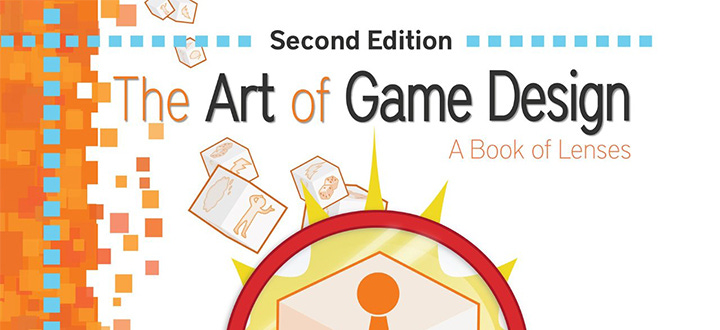The Art of Game Design: A Book of Lenses, 2nd. ed., by Jesse Schell
By Daniel Wahl
The Art of Game Design: A Book of Lenses, 2nd. ed., by Jesse Schell
New York: A K Peters/CRC Press, 2014). 600 pp. $64.95 (paperback).
It is risky to begin a review with a seemingly unrelated anecdote by a book’s author, but this one comes from an extraordinary book, so here goes:
At one point in his career, Albert Einstein was asked by a small local organ…
Keep reading with a 7-day free trial
Subscribe to The Objective Standard to keep reading this post and get 7 days of free access to the full post archives.




